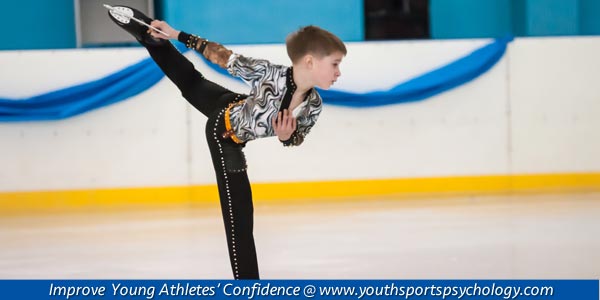
Playing Time in Youth Sports
A common complaint from sports parents: The coach doesn’t give my child enough playing time, and it hurts her confidence.
When a coach doesn’t give a child a lot of playing time, it can really hurt her view of her abilities and skills. And that, in turn, can undermine her performance.
If a coach favors just a few players (and not your child), that can bust her confidence, too.
She’ll compare herself to the other players in ways that undermine how she feels about her abilities.
It makes sense!
What should you do about it?
First of all, it’s a good idea for you and your child to communicate with the coach. Be sure to do this when the coach has some available time — not during a game or practice. Don’t put the coach on the defensive. Approach the coach with curiosity — not anger.
Tell the coach that lack of playing time is hurting your child’s confidence. Ask what your child can do to earn more playing time.
After the coach responds, talk to your child about how she can meet the coach’s requests, whether the coach wants her to try harder, show up to all practices, or work on her defense.
This gives your child goals she can work toward — and get her mind off the lack of playing time. Achieving these goals will boost her confidence.
Keep in mind that coaches may have a legitimate reason about playing other kids ahead of yours.
Coaches may not play kids with the best talent. They often want to play athletes who work well together. Parents should talk to their children about the importance of being team players.
Coaches might be more inclined to give more playing time to hard-working kids because these athletes have a strong work ethic and are dedicated to practice.
Parents can emphasize the importance of working hard in practice…
Parents can also talk to young athletes about being helpful to the coach–setting up equipment, picking up balls or hustling to the next drill.
If after trying these tips, you feel the coach is being unreasonable, it makes sense to seek out other coaches—coaches who choose to give equal playing time, for example.
Or you could choose coaches who are very clear with kids and parents about how they choose to hand out playing time. That way, you know what you’re getting into.
Related Articles on Youth Sports:
- When Sports Kids Don’t Get Enough Playing Time
- How Young Athletes Can Feel Confident with Less Playing Time
- Boosting Confidence in the Face of Little Playing Time
*Subscribe to The Sports Psychology Podcast on iTunes
*Subscribe to The Sports Psychology Podcast on Spotify
Help Young Athletes Boost Confidence in Sports!
Every day, we receive letters from parents like you who want their children and teens to excel in sports. However, these parents can see fear, doubt, and frustration on the faces of their kids who struggle with the “inner” game of sports. But these parents have no idea how to help their kids overcome the worries, expectations and self-defeating thoughts that prevent their young athletes from feeling confident and successful.
You can benefit from our 15-plus years’ of work in sports psychology and sports parenting research. Now, you can tap into our secrets to sports success through a cutting-edge, 14-day program that helps young athletes overcome the top “mental game” challenges that sports parents face—and the top challenges young athletes face.

